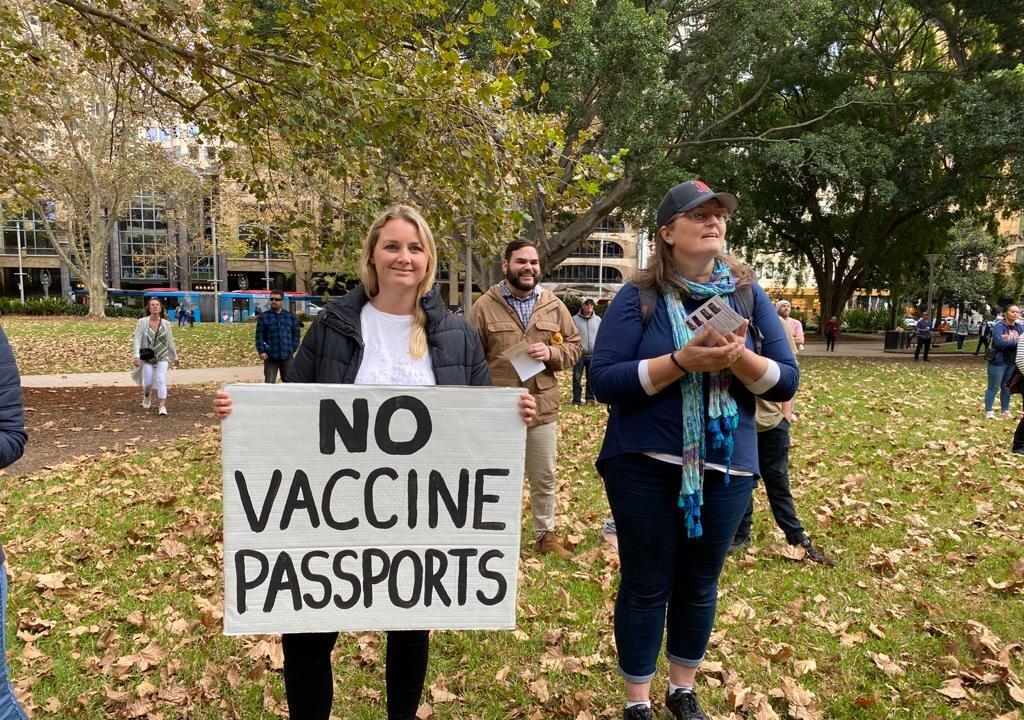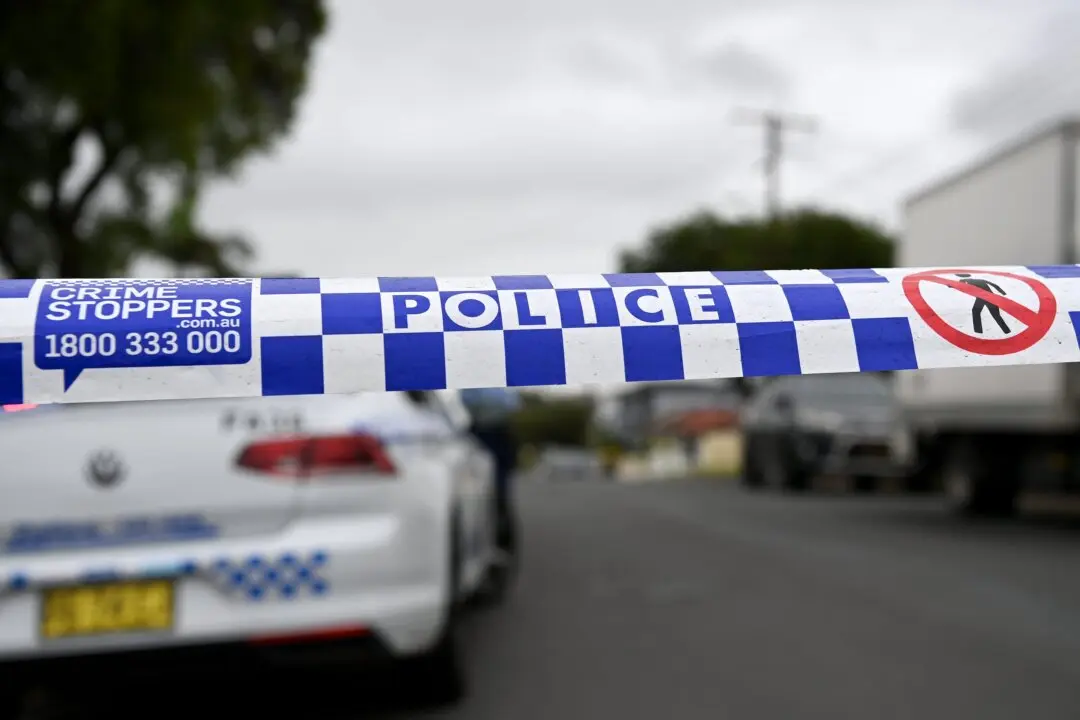Lockdowns in the eastern parts of Australia as outbreaks of the Delta variant continues has apparently prompted people to reassess their willingness to get a COVID-19 vaccination a new national poll revealed.
The Melbourne Institute’s fortnightly report card into vaccine hesitancy shows it has fallen, from 33 per cent at the end of May to 21.5 per cent last Friday. The poll surveyed 1,200 Australian adults.





